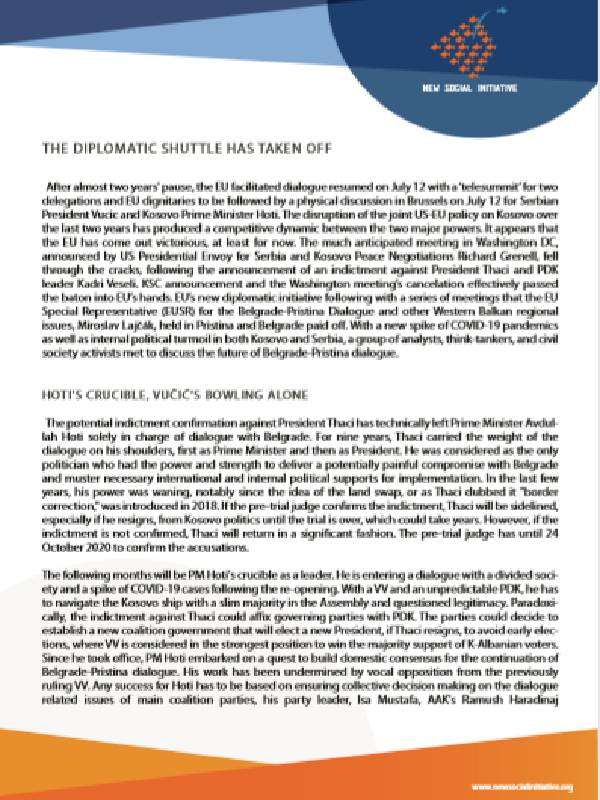Participatory Budgeting in North Kosovo (possibilities and obstacles)
Government structures in Western countries have been shaped by the systemof checks and balances which has formed the core of good governance for more than two centuries. In the roots of country’s accountability framework lie the rewards and sanctions system linked to the results that help shape public sector performance. On the other side, there are many developing countries which continue to suffer from often dysfunctional governance system which include rent seeking and malfeasance, inappropriate allocation of resources, inefficient revenue systems, and weak delivery of vital public services.
Participatory budgeting is one of the tools that might help in overcoming unsatisfactory and dysfunctional local governance. Implemented right, it has potential to make governments more responsive to citizens’ needs and preferences and more accountable to them for performance in resource allocation and service delivery.This paper aims to give an overall look on participatory budgeting, to present the ways in which it had been implemented in wide range of societies, to present tools that may help in implementing it, but also to give a picture of Kosovo local government performances related to citizen participation in decision making processes with special emphasis on northern municipalities.













